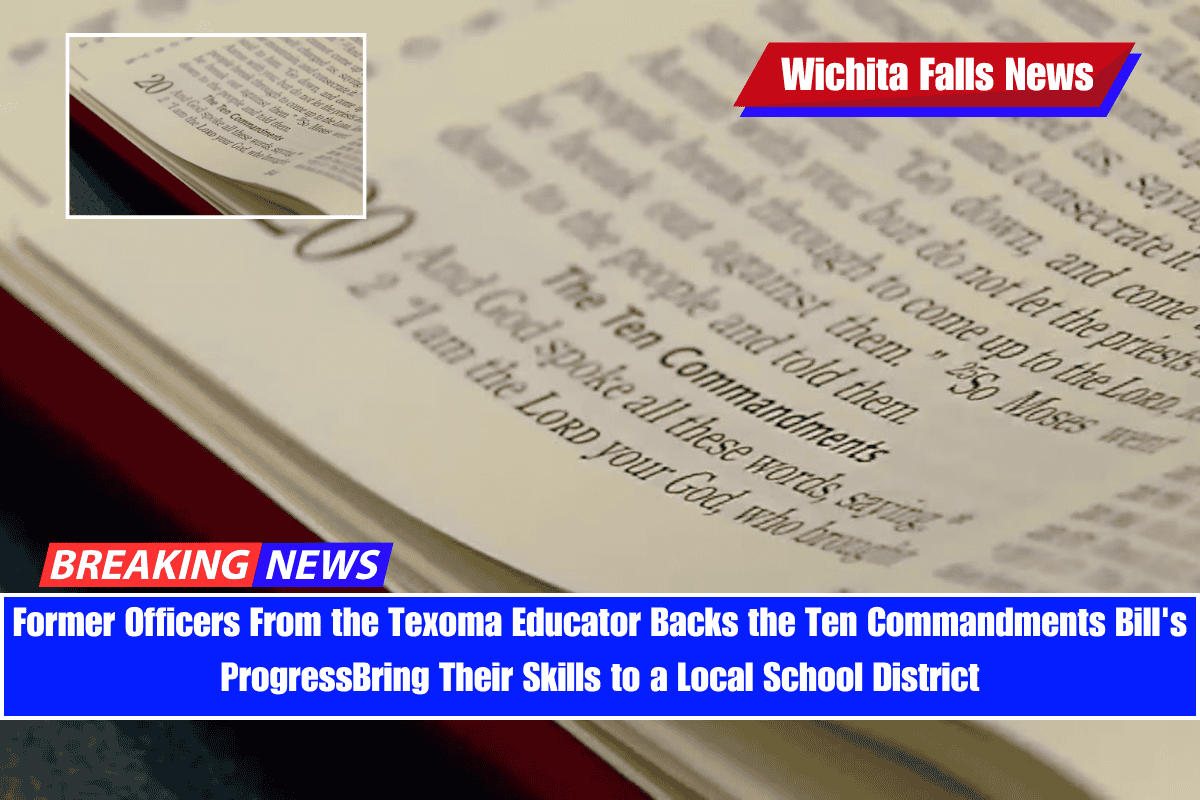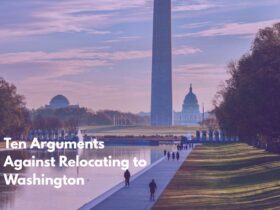A new bill in Texas, known as Senate Bill 10 (SB 10) or the Ten Commandments Bill, is making headlines across the state. The bill, which recently passed in the Texas Senate with a 20-11 vote, would require all public primary and secondary schools in Texas to display the Ten Commandments in classrooms where students can easily see them.
If the bill becomes law, it could go into effect during the 2025–2026 school year.
Support for the Bill in Henrietta, Texas
Jamie Clark, Superintendent of Henrietta ISD, believes the bill would be well-received in her community. Henrietta, known for its conservative values and strong faith-based culture, is unlikely to view the display as controversial.
“When you’re personally a person of faith, it does carry over into what you do,” said Clark. “We’re not forcing this on every person by any means, but I strongly agree with it.”
She added that while some fear the bill might remove student choice or force beliefs, she doesn’t believe that will happen.
“The biggest concern people have is that they won’t have a choice. But it’s not about forcing something on a child they’re uncomfortable with,” she explained.
Faith Leaders Raise Concerns
Before the bill passed the Senate, 166 faith leaders from across Texas—including members of Sikh, Baptist, Jewish, and Buddhist communities—wrote a letter urging lawmakers to reject the bill. Their main concern is that it may violate the U.S. Constitution’s protections for separation of church and state.
Still, Clark said the values taught in the Ten Commandments are already a part of school culture in many ways.
“Those are things we teach in school anyway,” she said. “And here in Henrietta, where faith plays a strong role in the community, it wouldn’t feel like a drastic change.”
Legal and Financial Considerations
As SB 10 heads to the Texas House for further debate, it is expected to face legal scrutiny, especially regarding constitutional issues. The Legislative Budget Board reported that the bill would have no significant financial impact, with costs to be covered through existing state resources.
Clark noted, however, that new mandates often come without extra funding. “It takes time and money to do these things. Sometimes, they pass laws but don’t send the money to go with them,” she said.
Prayer Already Happens in Schools
Clark also shared that student prayer is already part of daily life in schools, even without formal religious displays.
“We have a moment of silence every day, and many students say that’s when they pray. It’s already there,” she added.










Leave a Reply